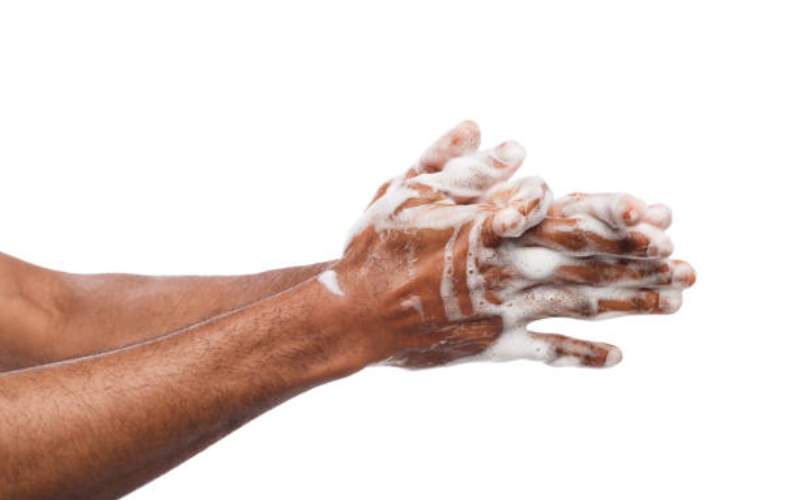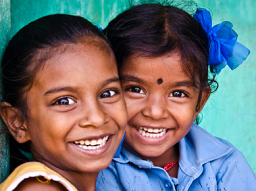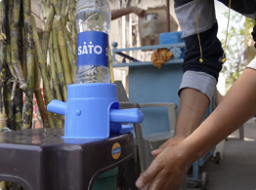
Samuel Langat, Leader – Africa, explores how the explosion of the telecommunications industry in Africa could serve as a framework for improving access to sanitation and hygiene
The African continent has witnessed decades of monumental transformation. It has become an incubator for exciting and innovative technology brands that create genuine behavioural change. In markets like Kenya, brands like Safaricom and Airtel Africa are spearheading financial and digital inclusion to help get more people online and connect to global markets.
Investments in digital infrastructure and network capacity have seen internet penetration reach 85 per cent in Kenya, with 27 per cent of the population having access to the internet through their mobile phones.
This has led to an expansion in the provision of services like mobile money which has completely overhauled how people pay for goods and services, radically changing the lives of millions.
This transformational change has been a huge success and showcases the power of long-term investment and collaboration. As we look for inspiration on Global Handwashing Day, we should reflect on the lessons we can learn from the telecommunications industry to explore how we can improve access to handwashing facilities across Kenya.
According to UNICEF, just 25 per cent of people in Kenya have access to handwashing facilities with soap and water at home – fewer than the number of people who have access to mobile internet. This needs to change, and hygiene must be made easy. Local people need handwashing facilities to help minimise the spread of preventable diseases – whether that is in the home or in public spaces. Meanwhile, for businesses, employees need a safe and hygienic environment or face threats to productivity and employee engagement.
But unlike the telecommunications sector, which has been driven by innovation, Kenya faces a lack of effective handwashing solutions. Marketplace and roadside vendors have used their own ingenuity in the past to find solutions, including washing hands with plastic bottles and perforated lids. But this can be wasteful of water and increases the risk of cross-contamination which is particularly problematic if the vendor is selling fresh fruit or vegetables.
A lack of viable solutions has been heightened by access issues to basic drinking water and sanitation, which has not kept pace with population growth. We are now at a moment where change is needed or the country risks severe long-term healthcare issues.
Change at a national level, however, requires cross-industry collaboration. The conversation needs to extend beyond the WASH sector and local businesses need to have handwashing facilities for employees and partners high on their agenda.
The economic cost of healthcare as a result of poor handwashing facilities can be reduced and will help our economy grow.
Now, like the telecommunications sector, we have an opportunity to accelerate investment into handwashing to drive genuine behaviour change.
Through increased education of the benefits of handwashing, and a roll-out of innovative solutions, we can help ensure Kenyans get the handwashing habit and live better and healthier lives.







